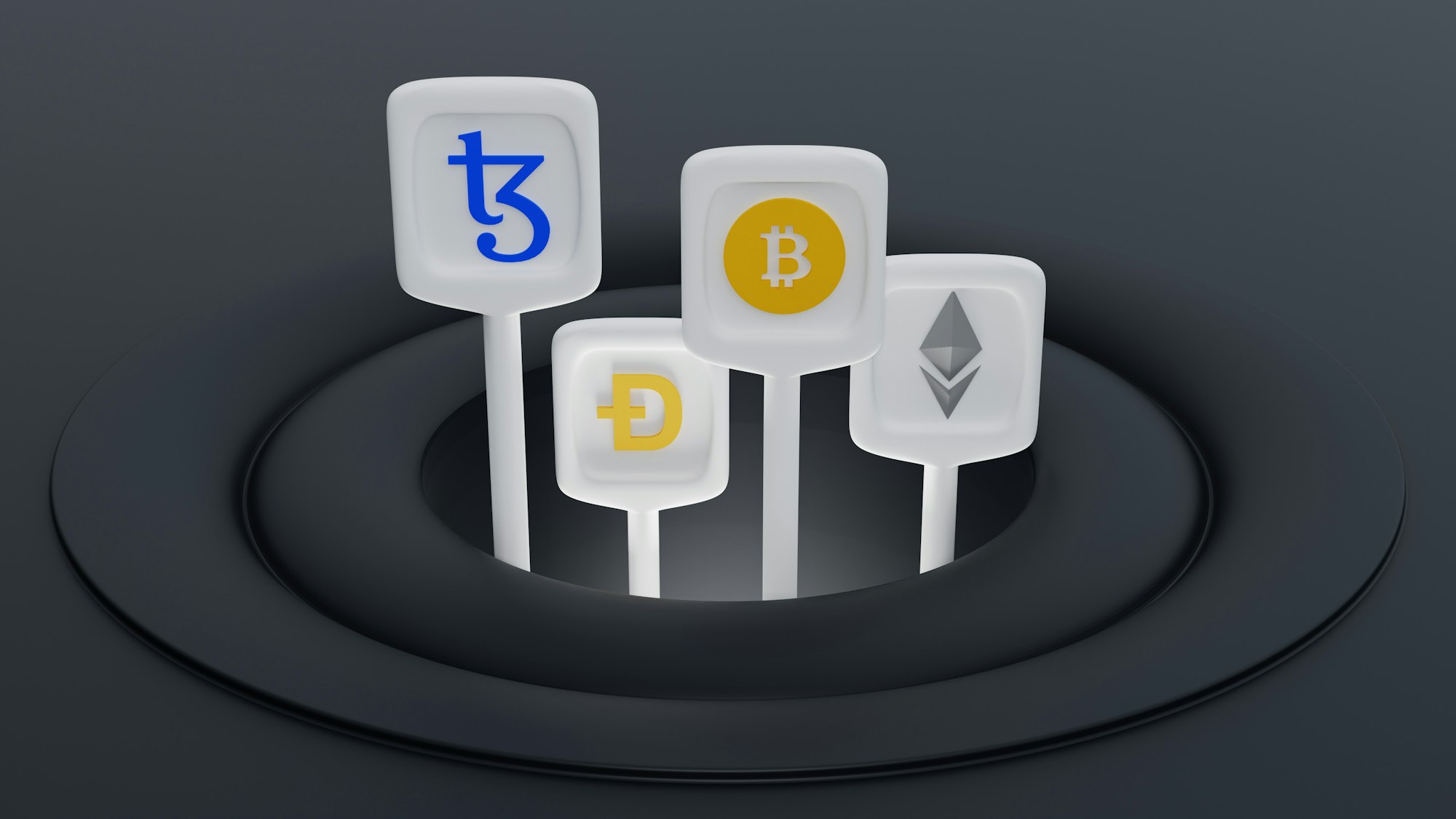Security in the Web3.0 World

With the Metaverse slowly gaining traction and cryptocurrencies slowly making their way into our lives, it is imperative for us to understand how to protect ourselves in the web3.0 space.
Here are 5 steps all of us can take to stay safer in this new era of the internet:
- Never share your wallet private keys:
One of the most common ways for attackers to steal crypto, or to bring down decentralized applications is to steal wallet private keys belonging to other users. This is accomplished usually by employing what’s known as a phishing attack. The attacker tries to gain credentials by tricking users into opening links that take them to login portals that look like legitimate websites but have been crafted for the sole purpose of stealing login details.
Earlier this year, the Ronin platform was robbed of $625M in funds, which ultimately boiled down to the attackers stealing private keys to access the funds and withdraw them to their account.
In November 2021, the bZx protocol lost $55M in a similar situation, caused due to attackers using stolen private keys.
2. Get your smart contracts audited by an independent third-party
If you are a Web3.0 developer launching a new decentralized application, you need to make sure that you have taken all possible precautions to ensure that your project is secure. And one of the most important aspects of it is to have a thorough audit of your smart contracts done, preferably by an independent third-party. A smart contract is a piece of code and is prone to a plethora of vulnerabilities, which might go uncaught unless audited. A regular web application can be updated/modified even after it has been released, allowing developers to fix any security issues that might arise within the application. However, this is not the case with a smart contract, since it is immutable once deployed. Therefore, it becomes even more important that the smart contract(s) associated with your project be thoroughly vetted before it is deployed on-chain. This will also make your project more appealing to potential investors and supporters since they now have some assurance that their investments are safe.
3. Never reveal too much about yourself online
Within the web3.0 space, it is easier to maintain your privacy and anonymity since most platforms and services here are not tied to a person’s real-world identity. Even cryptocurrency wallets and any transactions they allow don’t require you to disclose your real name or associate any Personally Identifiable Information (PII) data with your wallets.
With the web3.0 world growing by leaps and bounds, lots of new platforms are popping up which provide a means for social interaction. However, since accounts are not necessarily tied to real identities, moderation and censorship are virtually non-existent on these platforms. This means that these platforms can easily become breeding grounds for malicious actors who might try to trick innocent users into divulging their personal details or try to scam them.
Therefore, you should Never reveal personal details online.
4. Beware of rug pulls
The web3.0 world brings with it a lot of new and exciting investment opportunities. With DeFi (Decentralized Finance) platforms slowly gaining traction, it is evident that a lot of people are looking to invest in these projects. Do your research before you invest into/support new projects. Otherwise, you might end up being the victim of a rug pull. A rug pull is a name given to the event wherein the developers of a project run away with all the funds invested into the project, thereby scamming all the investors and leaving them with no means to recover their investment.
Before you commit to supporting a project, make sure you consider the following points:
- Does the project truly interest you?
- Does the project seem plausible or is it too good to be true?
- Has the team published a whitepaper?
- Does the dev team have a regularly updated roadmap?
- Does the dev team have a good track record with successful projects under their belt?
The OneCoin project in 2016 was the largest crypto rug pull, conning investors out of over 4 billion US Dollars.
Turkish cryptocurrency exchange Thodex disappeared in April 2021 with over 2 billion US Dollars of user funds.
Recently, in June 2022, the Animoon NFT project mysteriously shut down with the developers stealing over $6M in user funds. The dev team never delivered on what they originally promised.
5. Be careful before transferring money to anyone
When you make an online purchase, say on an e-commerce platform with traditional payment methods like your credit card or Paypal account, you have the convenience of being able to initiate a chargeback for the transaction in case you don’t receive what you paid for or the seller/platform tries to scam you.
However, this is not the case for transactions that happen on the blockchain. All payments and fund transfers on a blockchain are final. Once the payment has been made, there is no going back and no option to reverse the payment. Therefore, if you aren’t careful, you might end up losing your money to a scammer with no potential way of retrieving your funds.
Web3.0 is exciting and full of new opportunities, but following these steps will ensure that one remains safe in this new realm.
Worried about attackers targeting your smart contracts? Contact DeTaSECURE for your smart contract audits.
Anshul
Anshul is a cybersecurity analyst at DeTaSECURE. He has helped multiple organizations secure their digital assets as a security professional. He holds certifications like CEH and AZ-900. You can reach out to him by Clicking Here.
